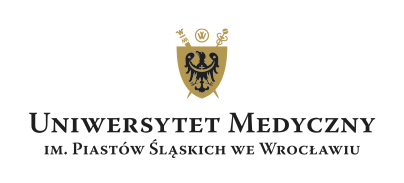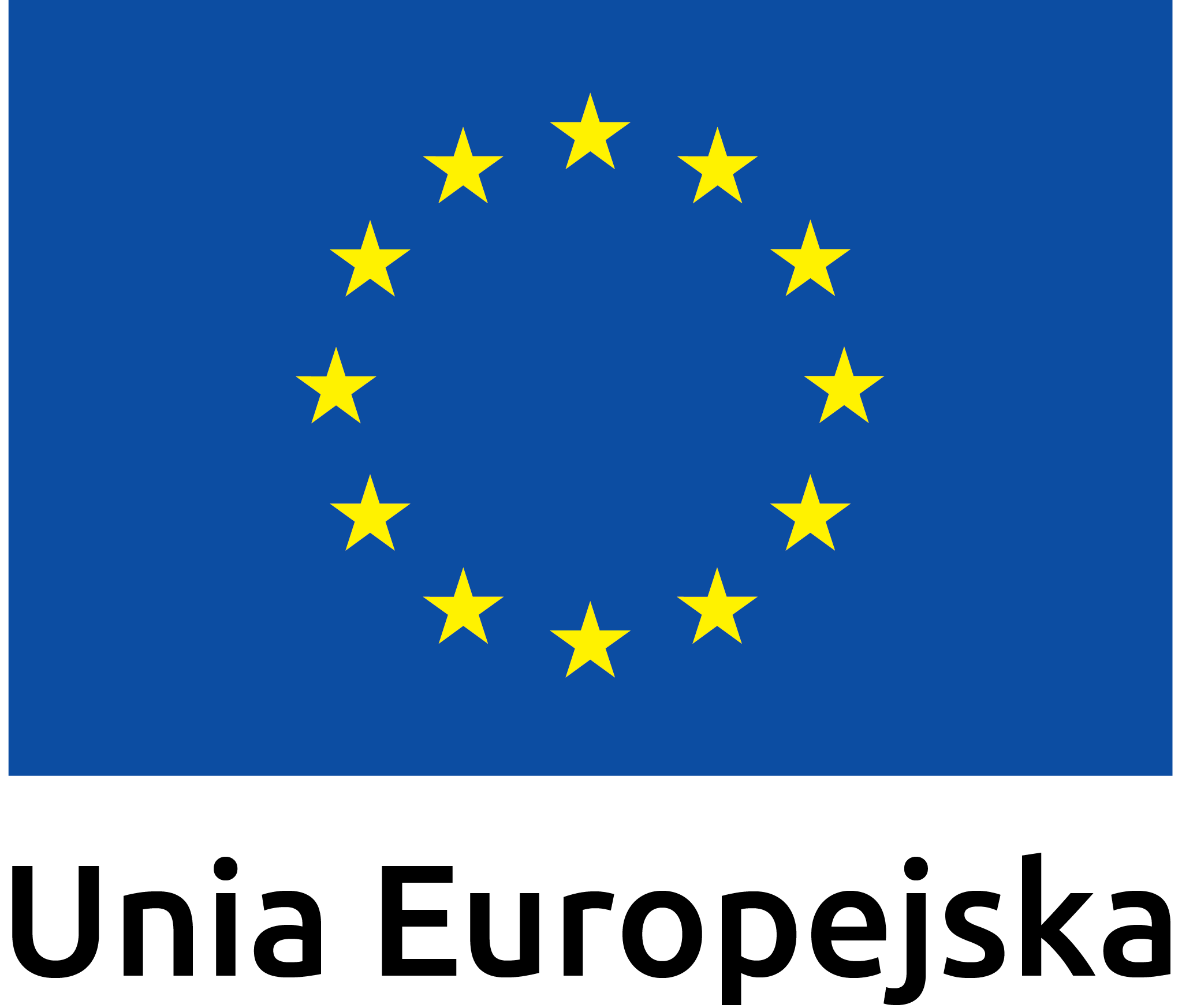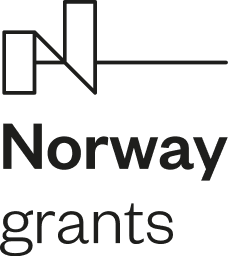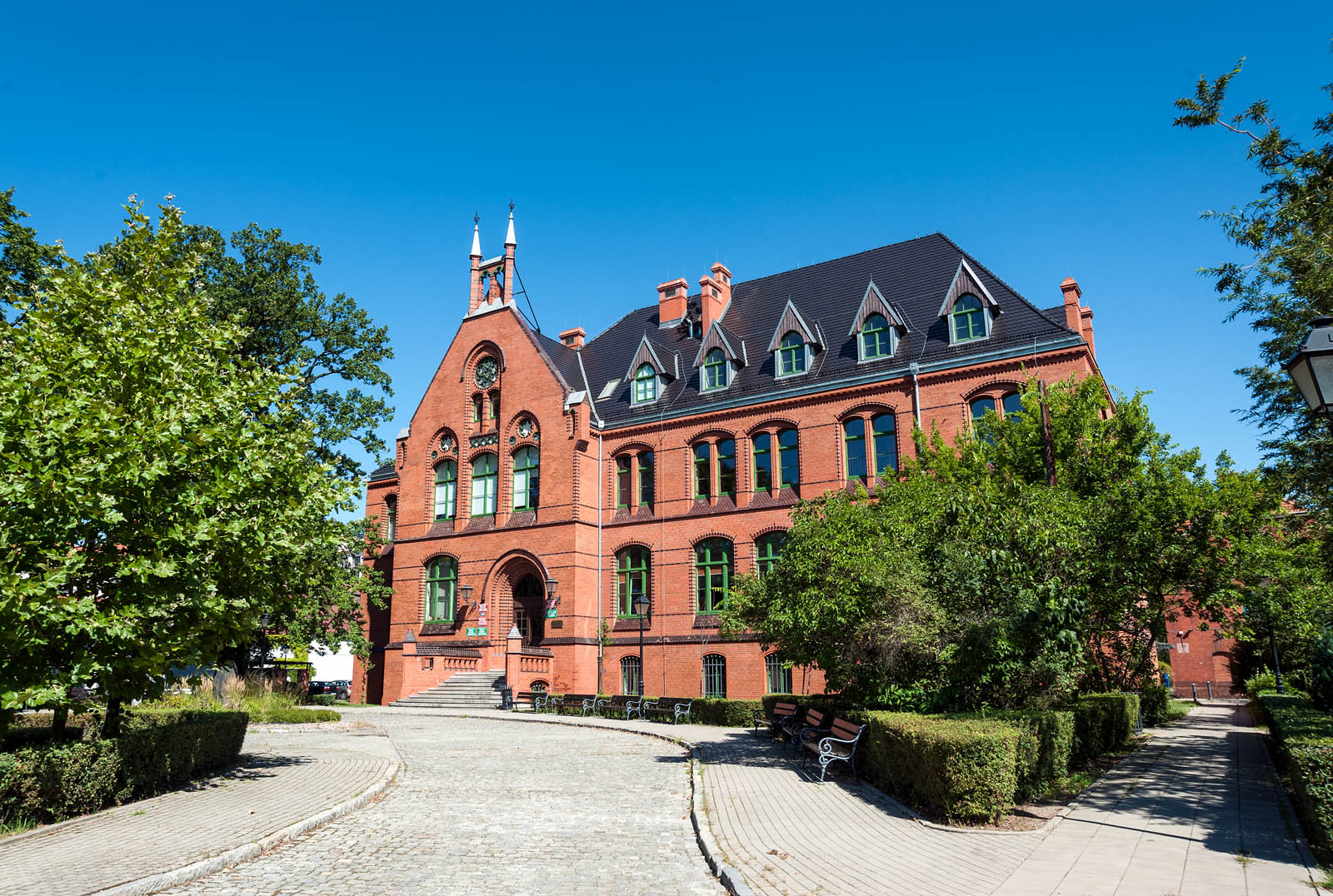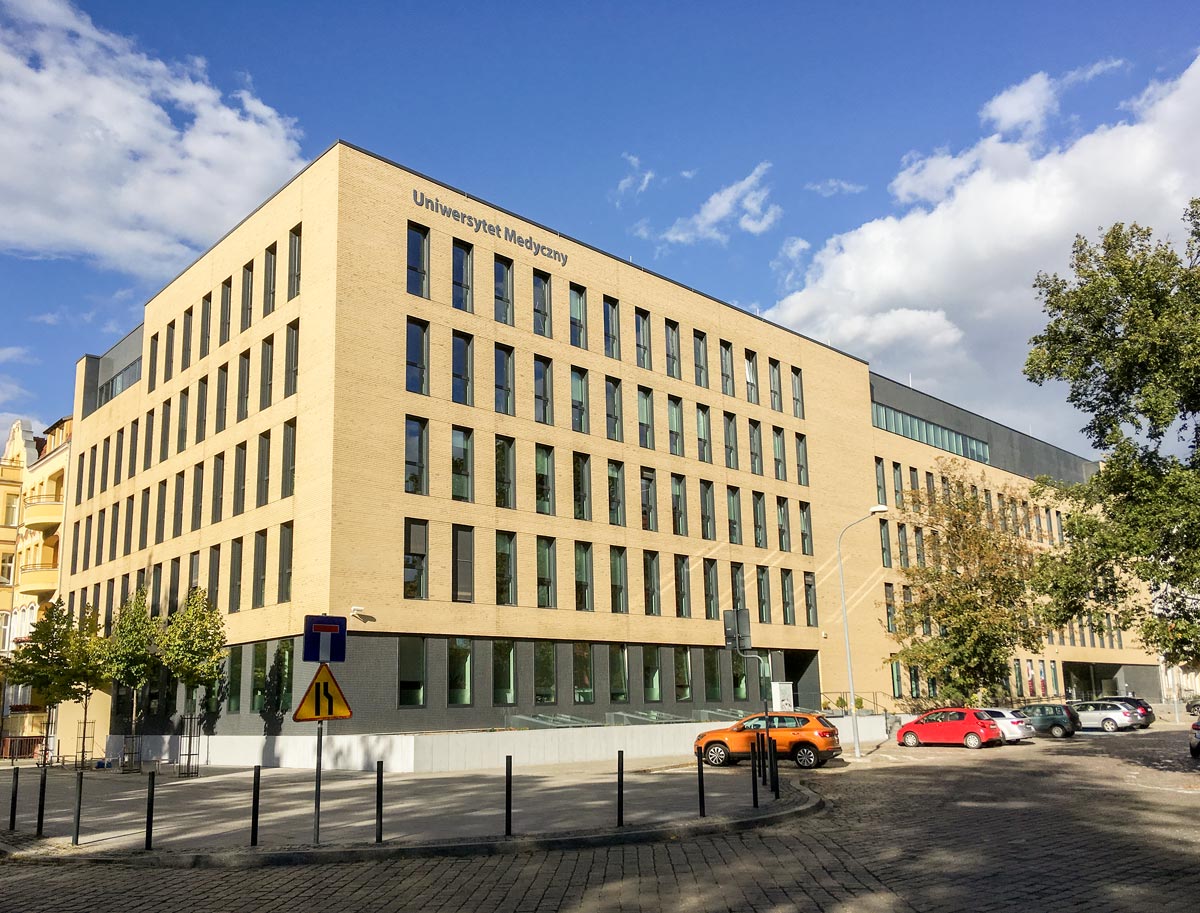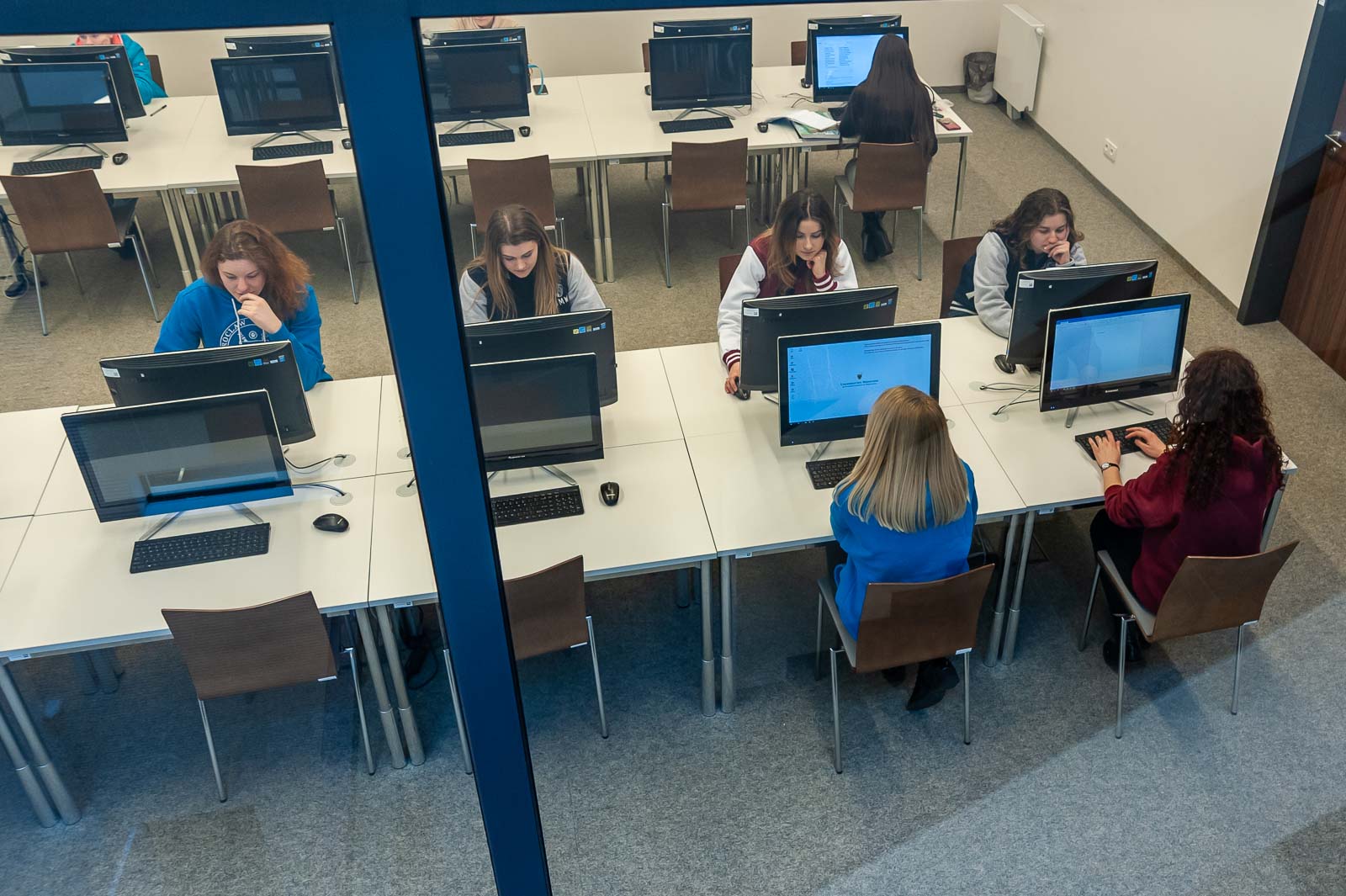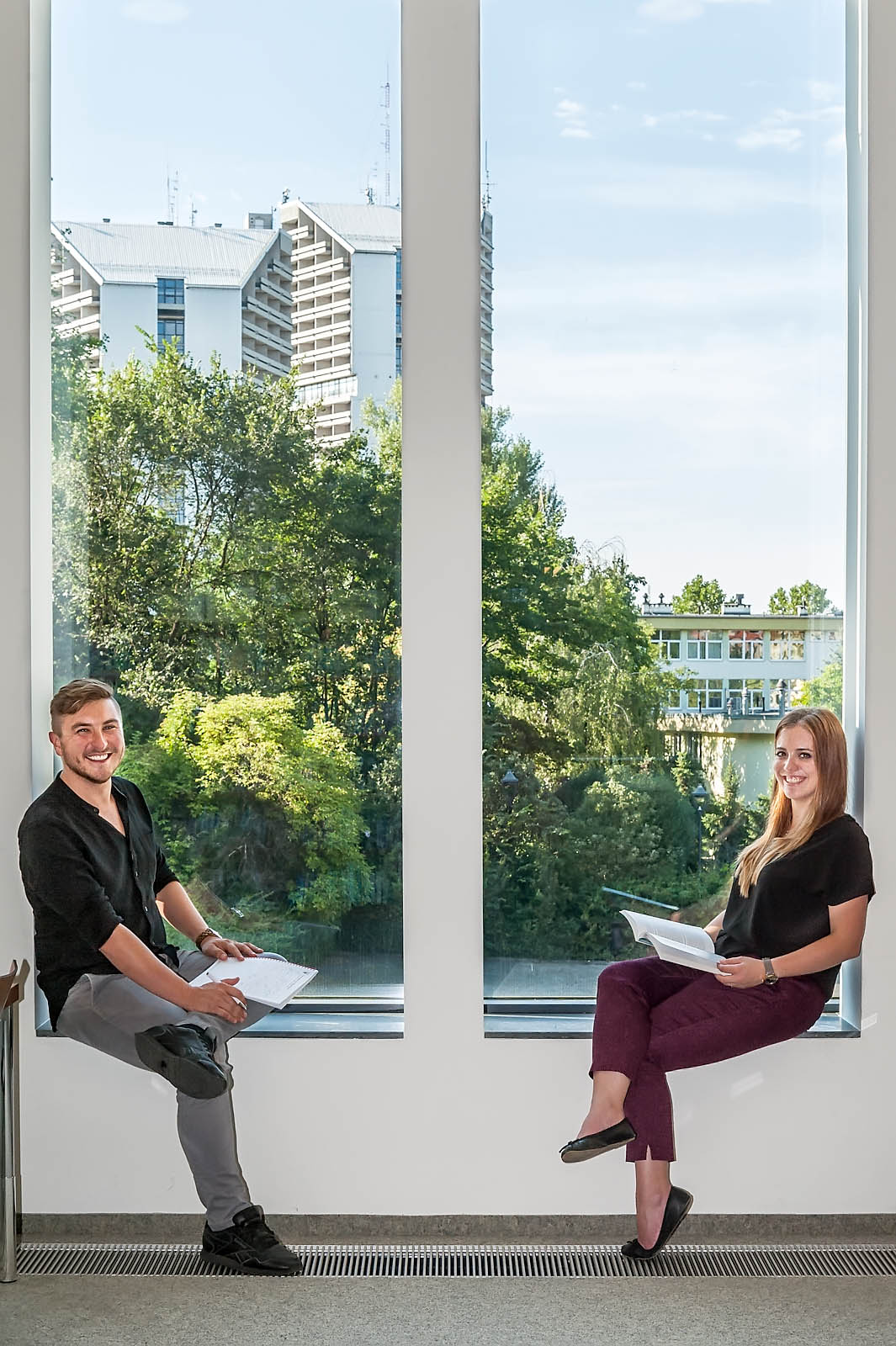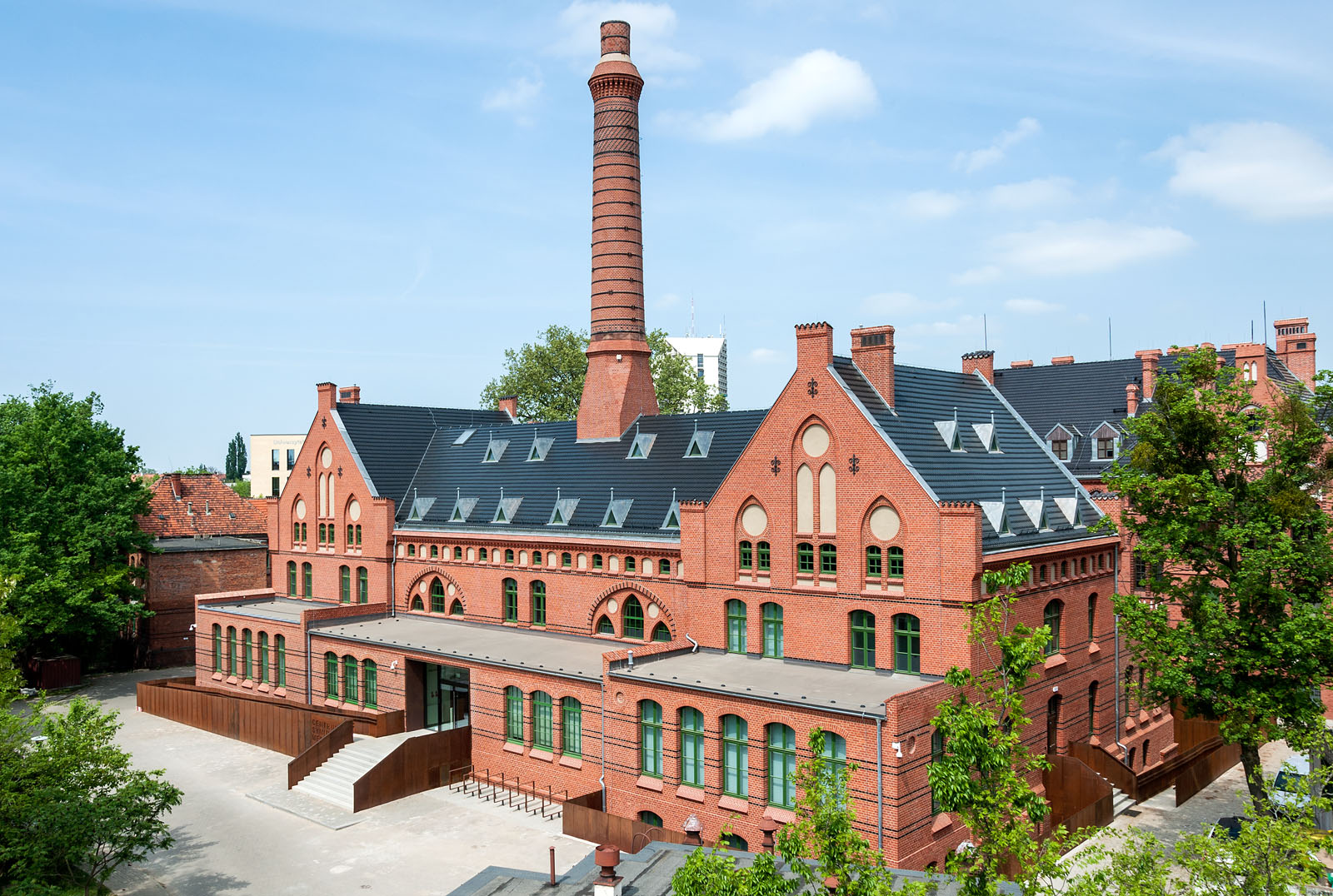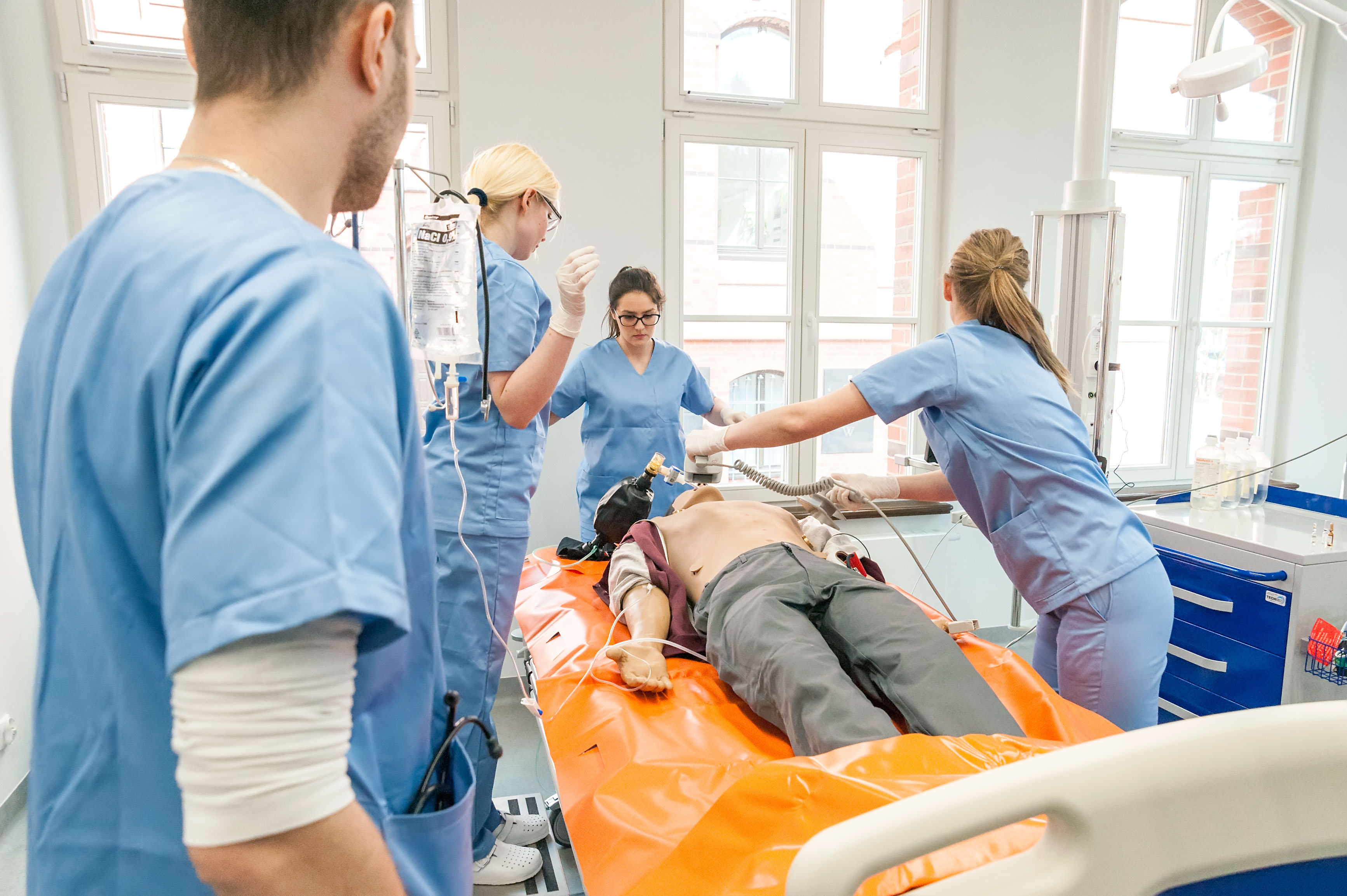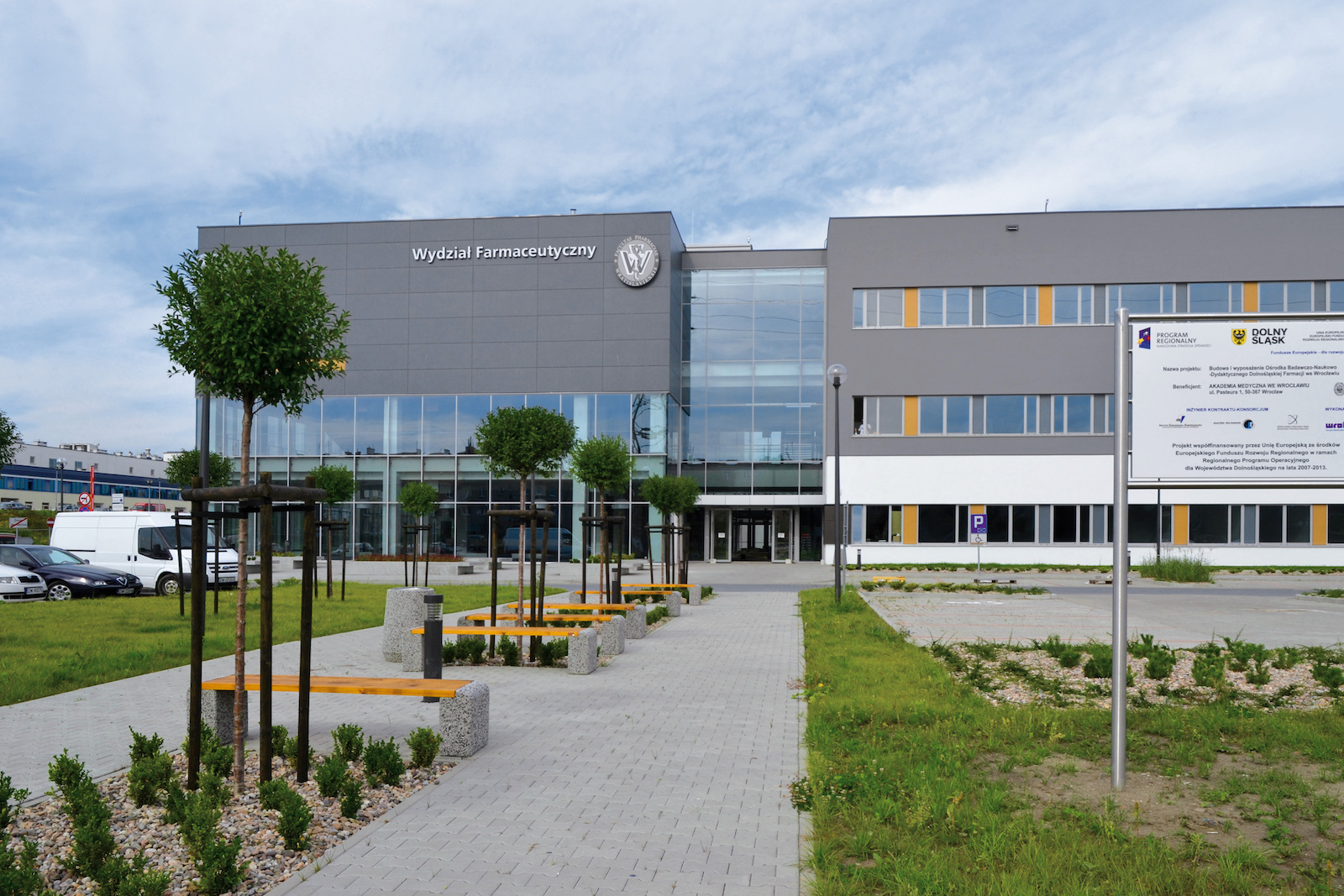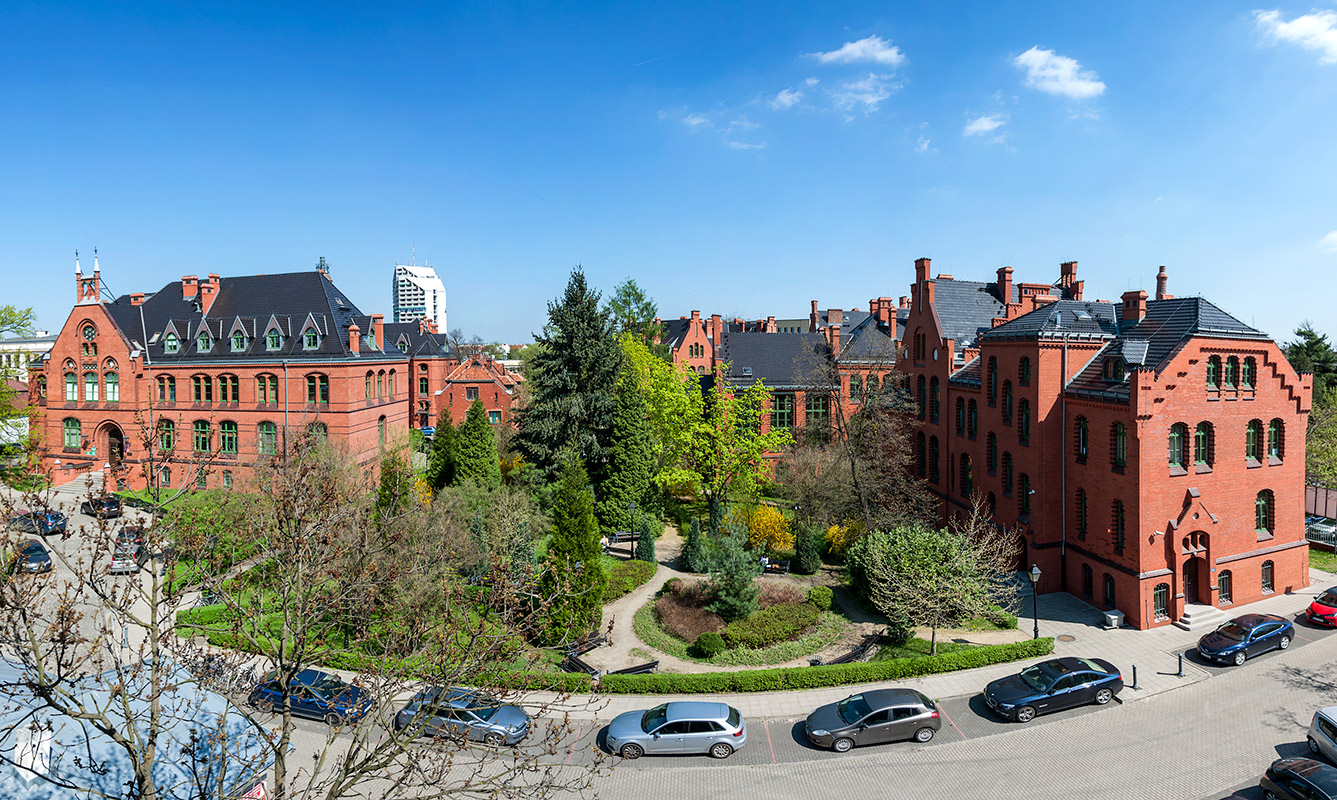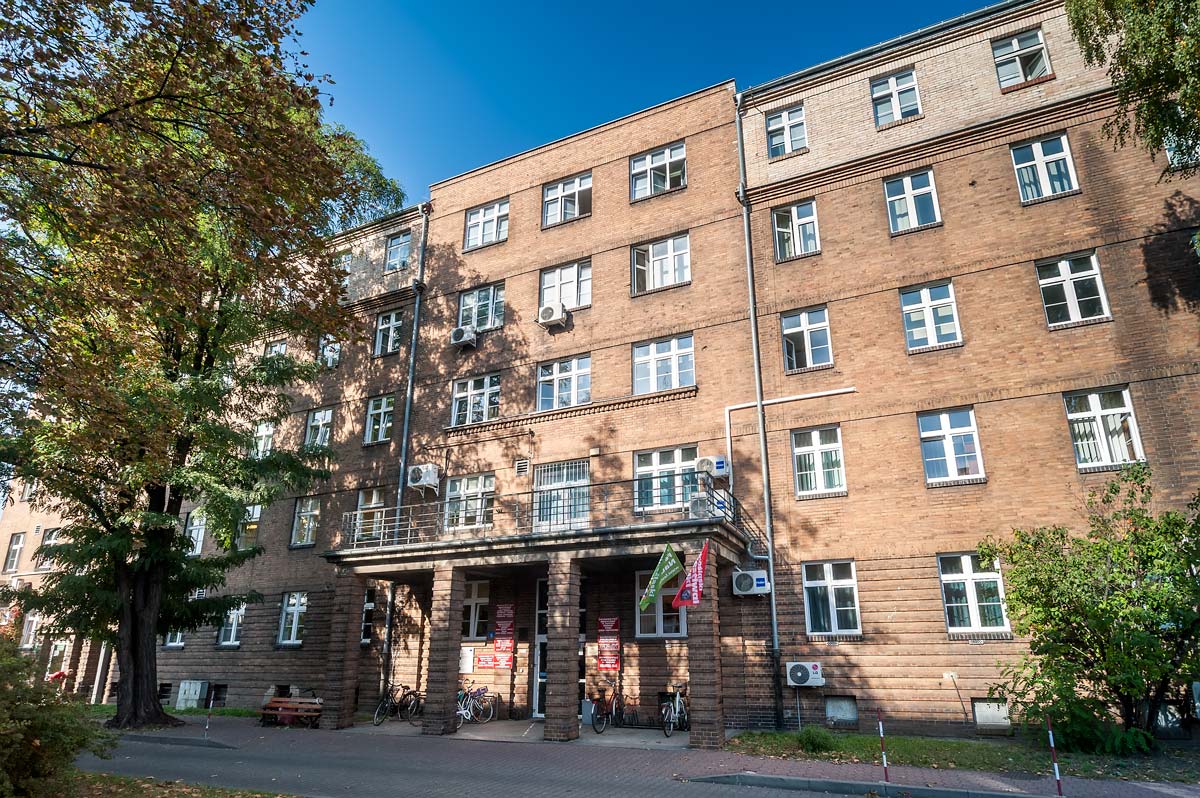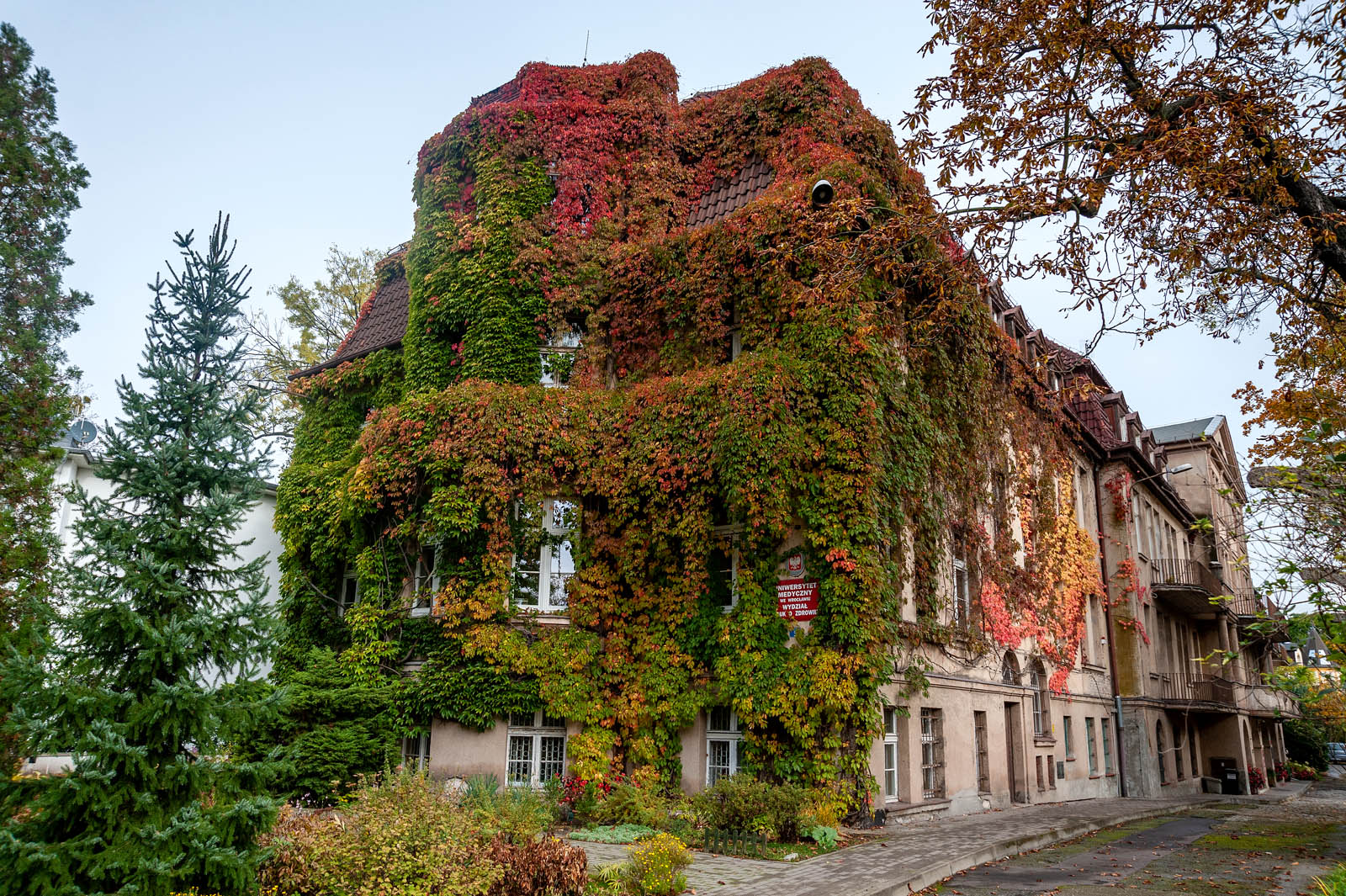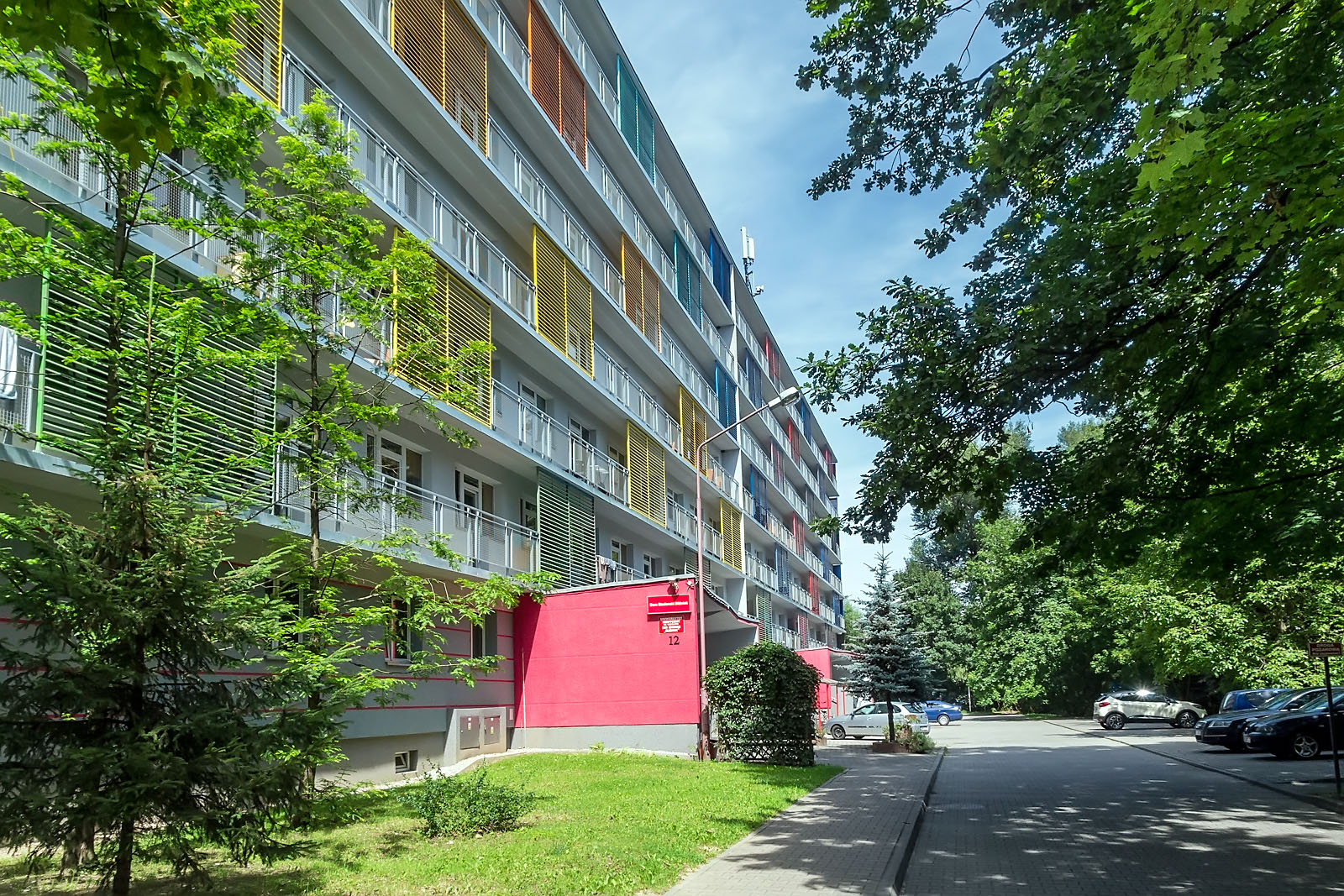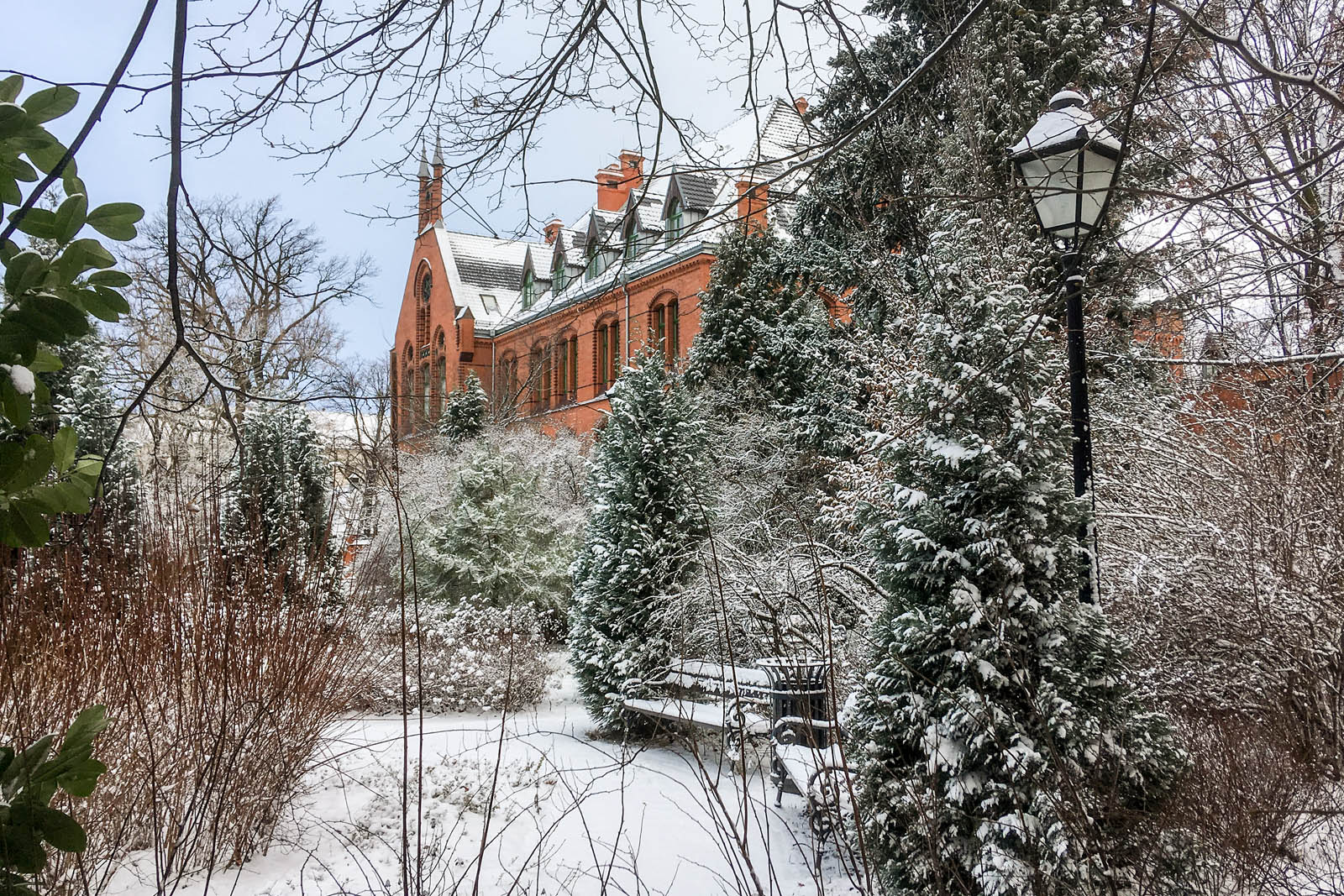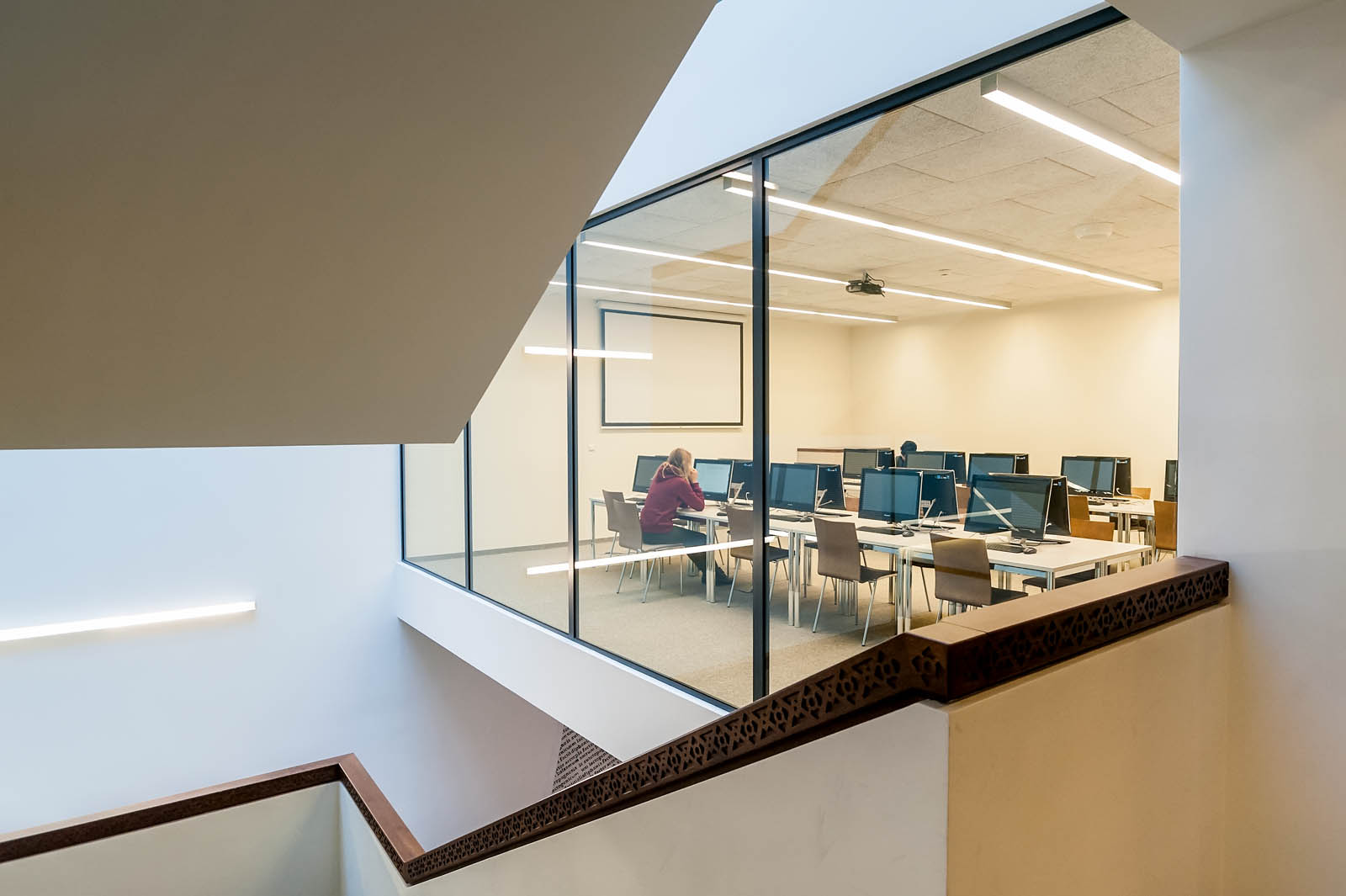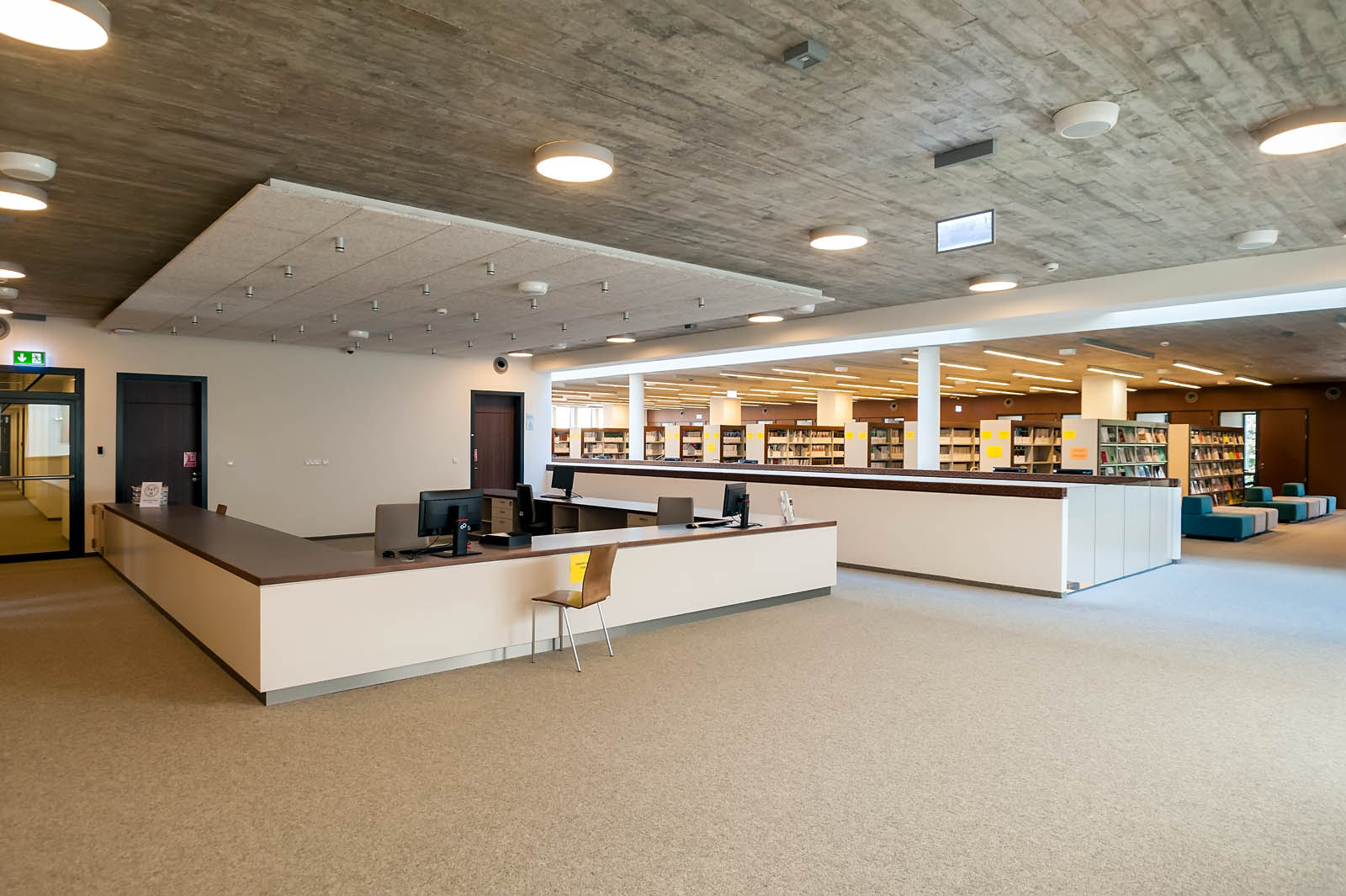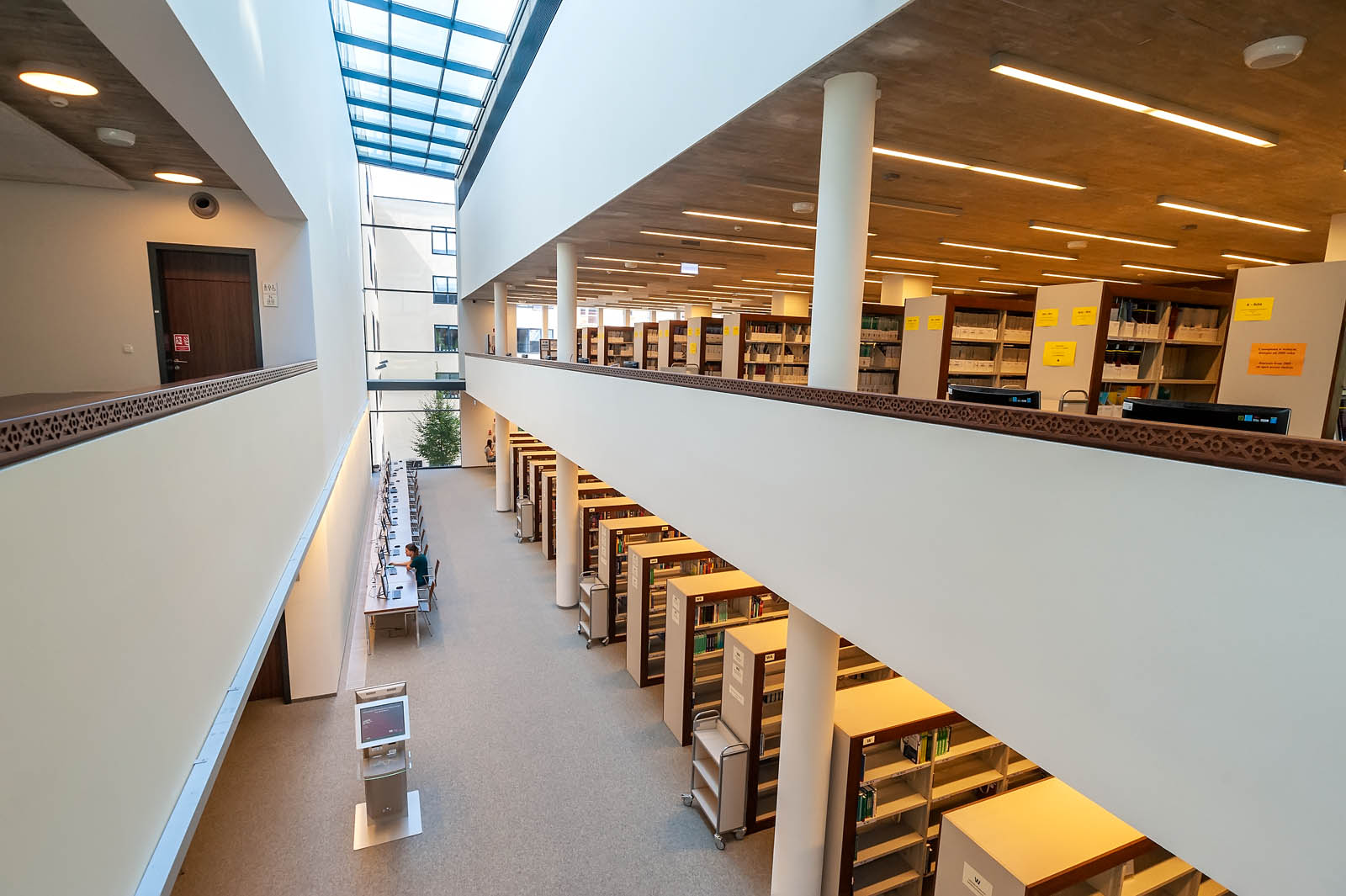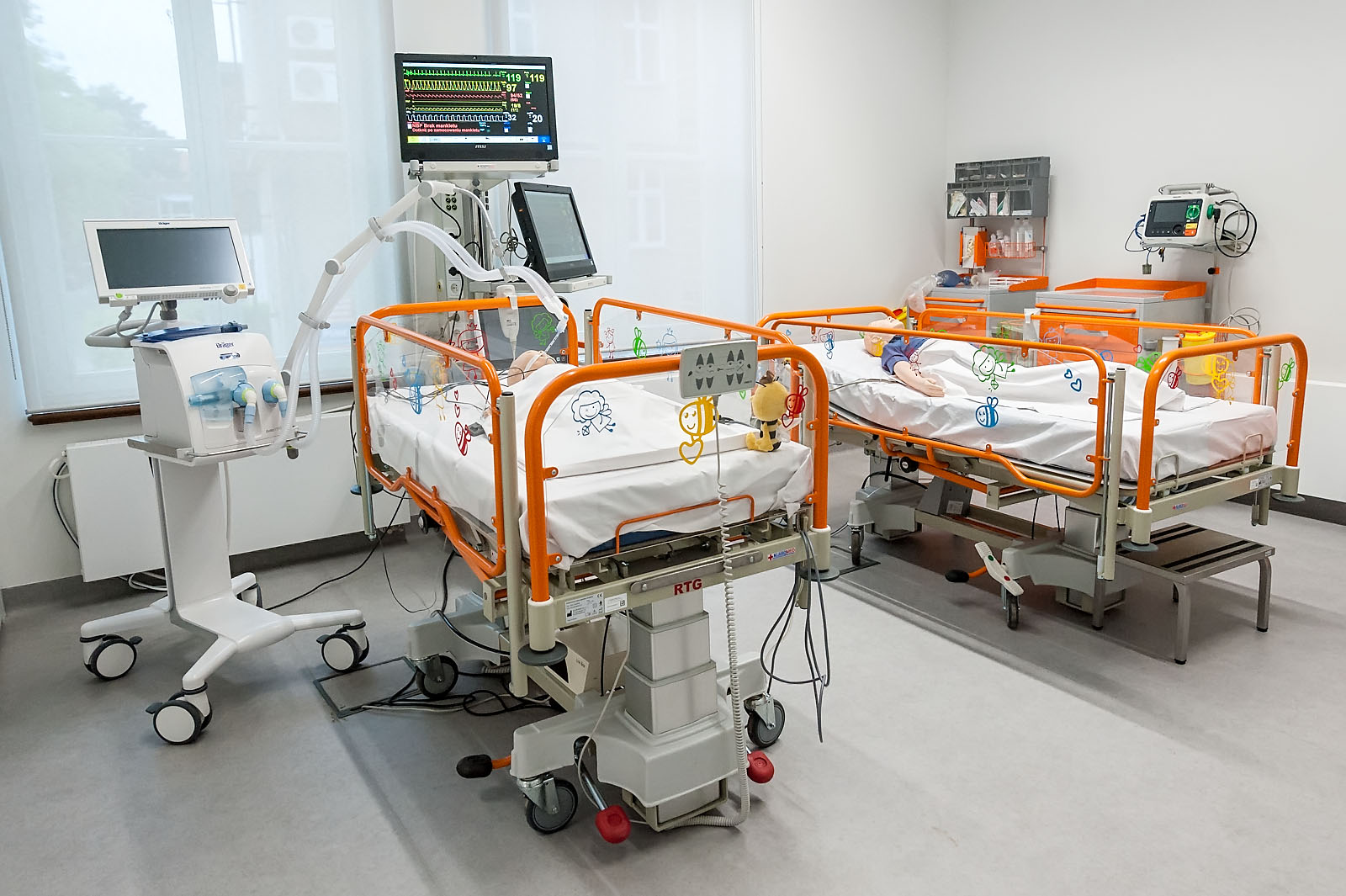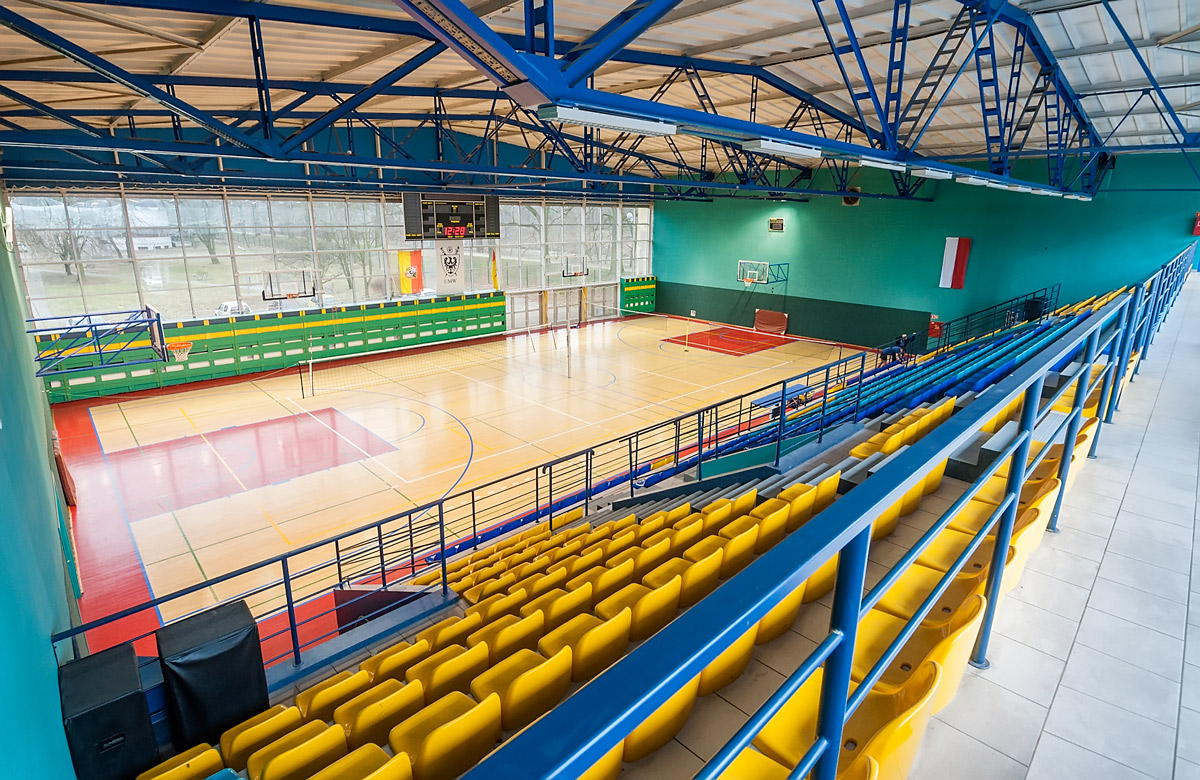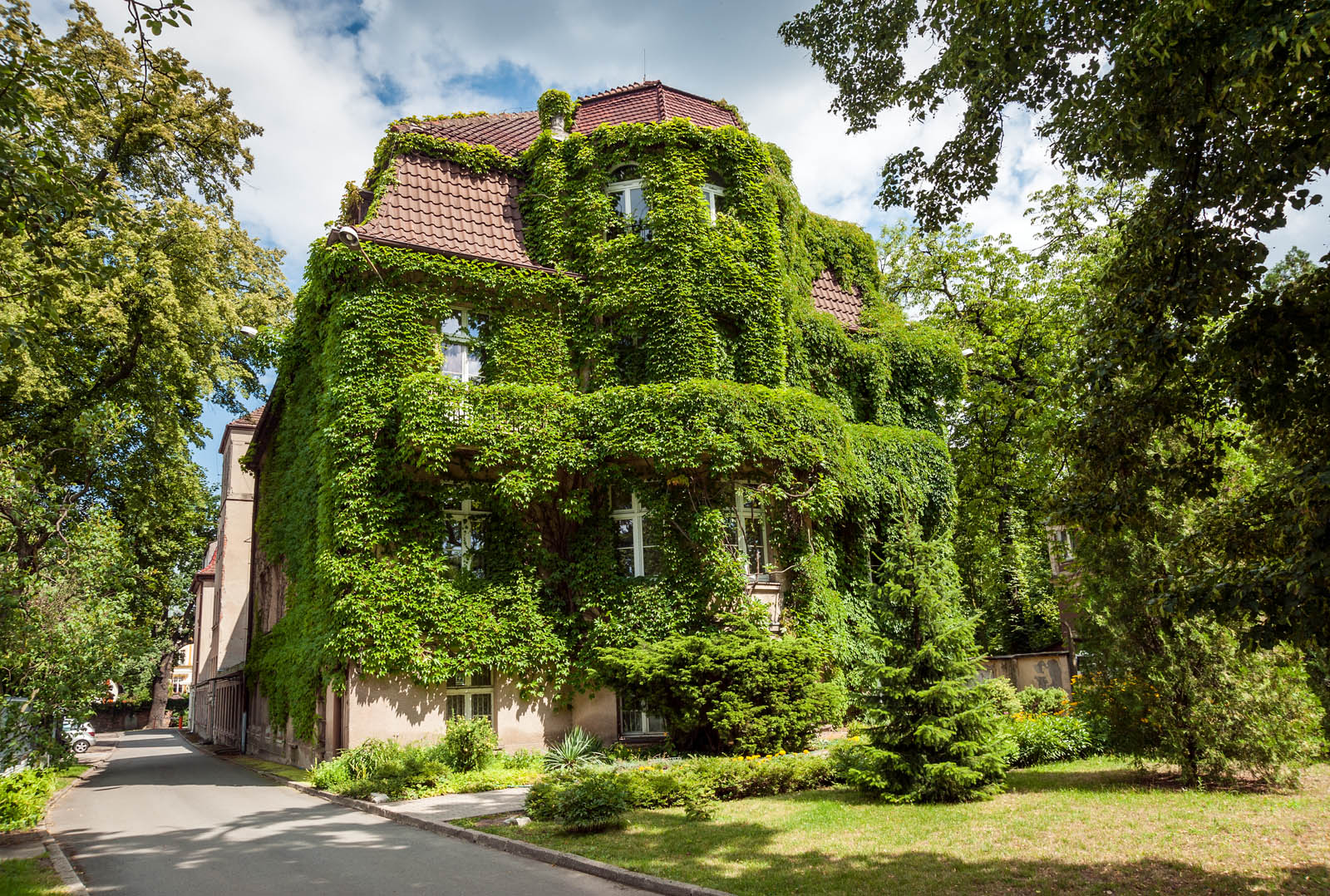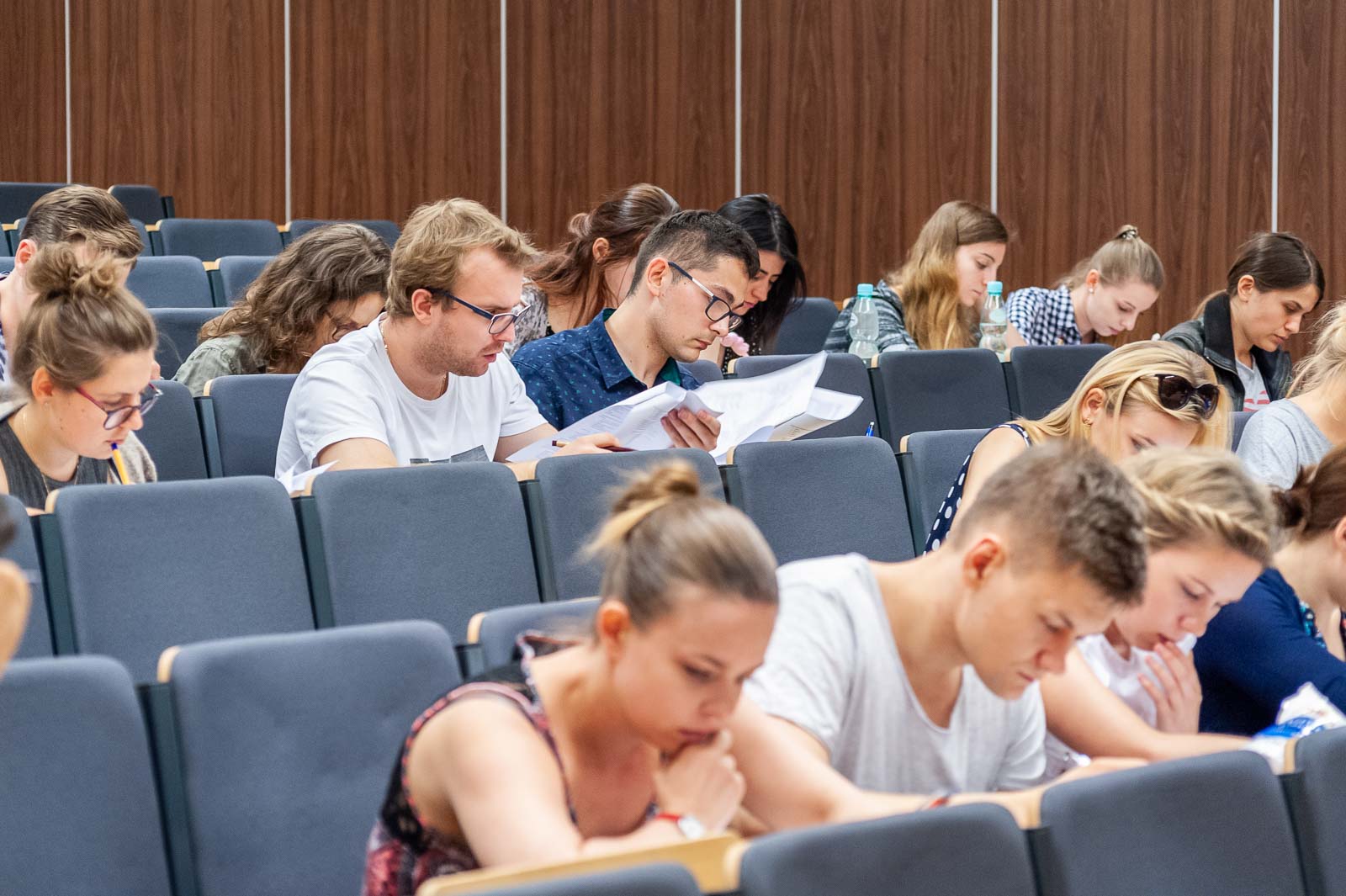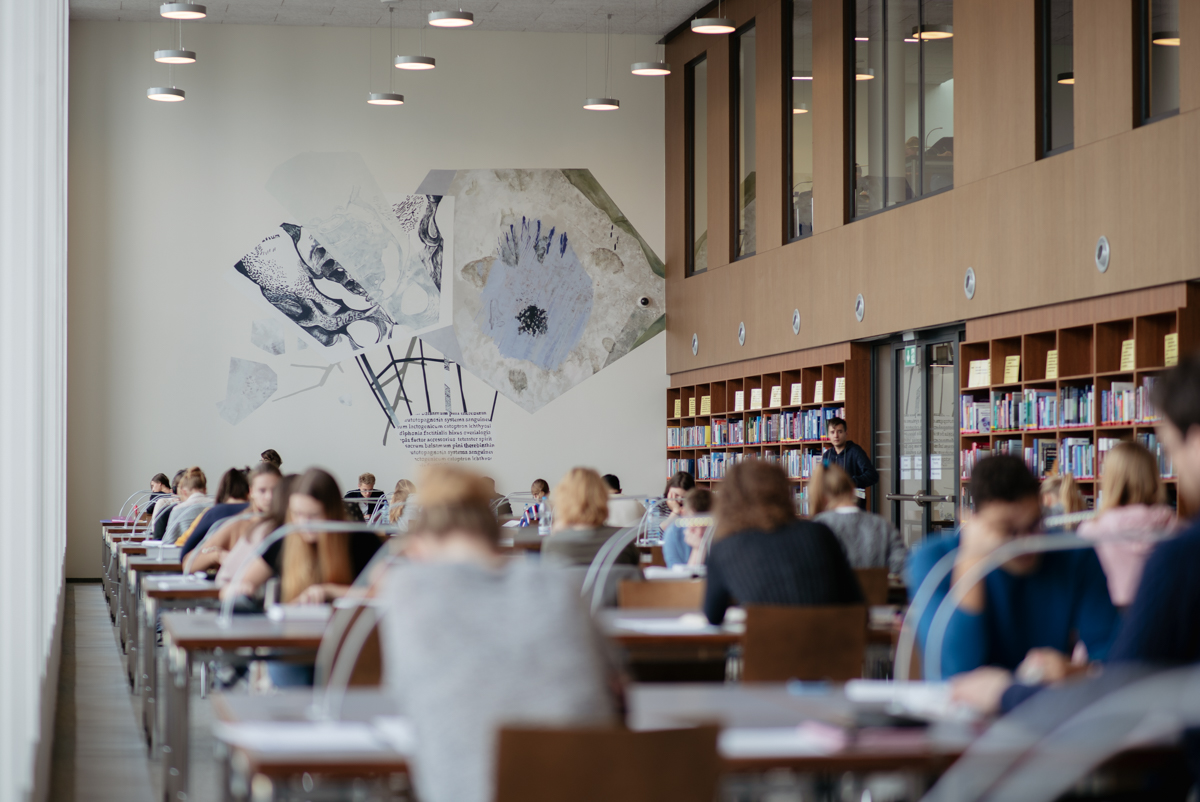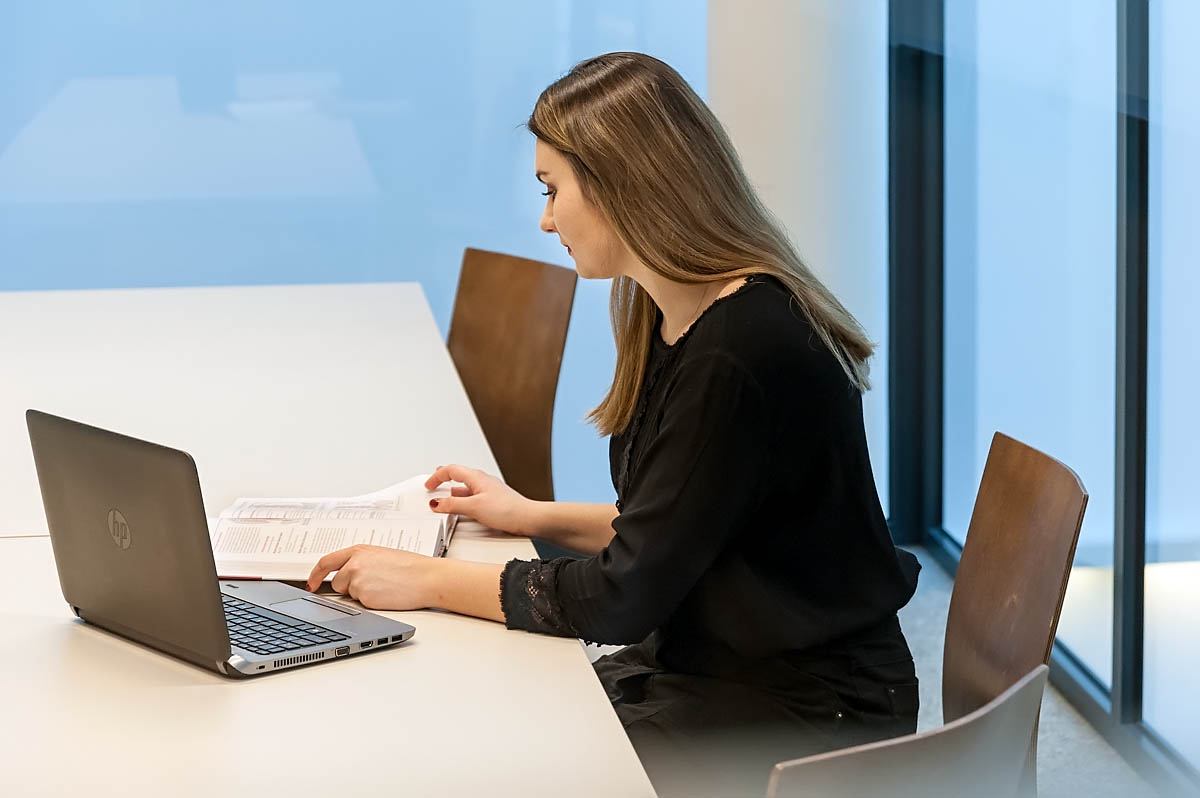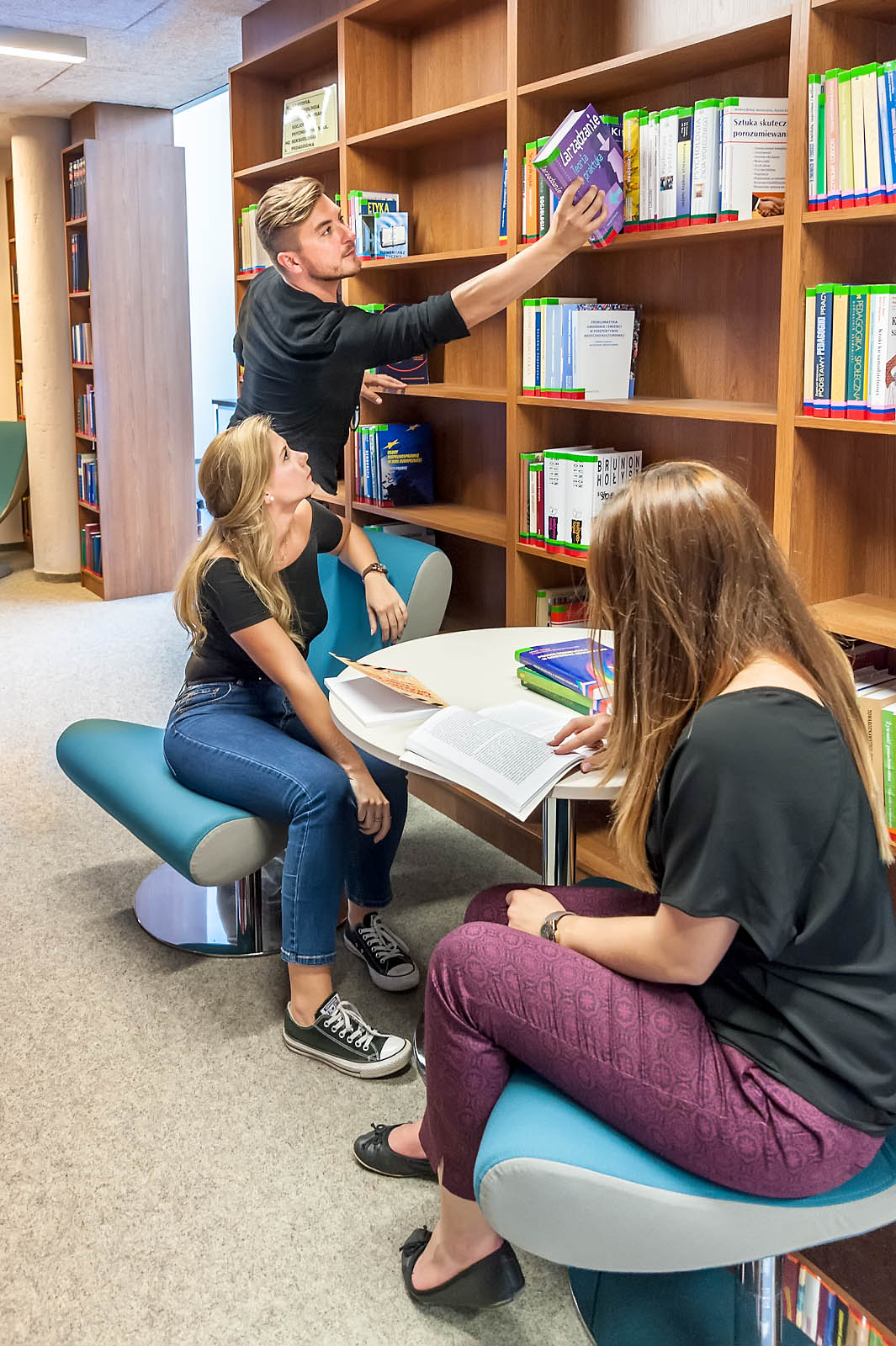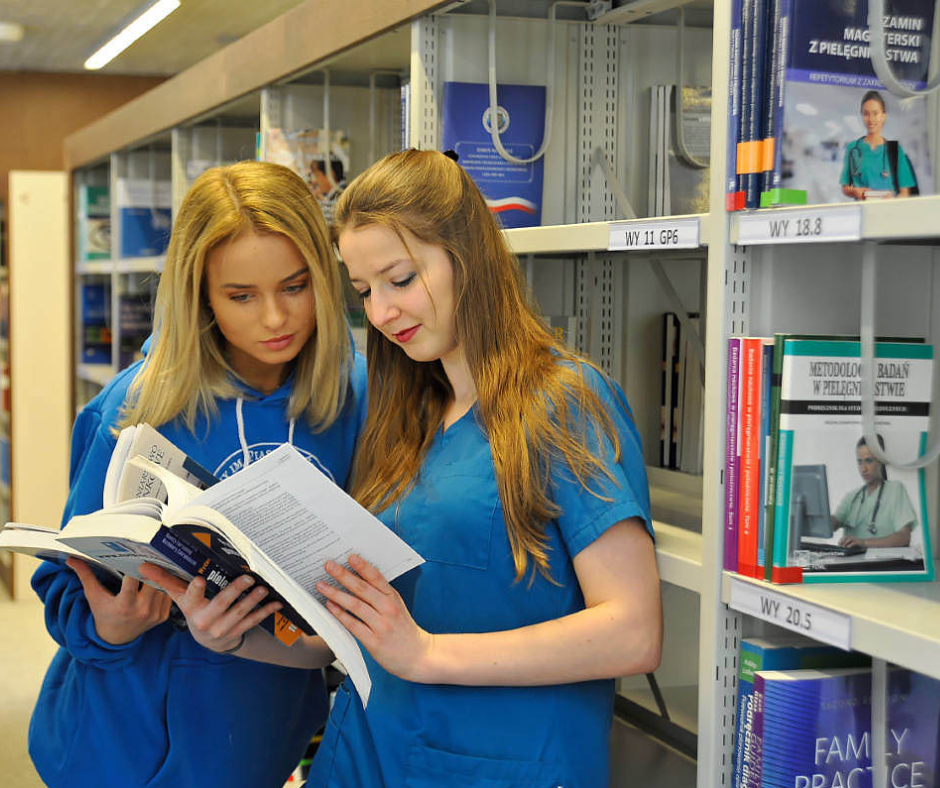Medical studies last 6 years and allow you to gain general knowledge in most fields of medicine. The first two years focus on teaching theory and are to some extent similar to high school in terms of the subjects taught. Clinical classes, i.e. those requiring contact with patients, start in the third year and are the first opportunity to see what a doctor’s work looks like in practice. The last, sixth year of studies is almost entirely dedicated to working with patients in the hospital. After completing studies, the graduates can pass a state exam LEK and complete 13-month-long postgraduate internship in order to gain medical license in Poland, or continue their medical career in other countries.
SUBJECTS
Anatomy is the subject to which most time and attention is devoted at the beginning of studies. Then there is biochemistry – there are legends about the difficulty of this subject. In pathomorphology, in addition to the evaluation of histological specimen, you also participate in autopsies. A certain detachment from typical medical subjects is medical law, where regulations are discussed on a case by case basis. Subsequently, we learn more about each specialty in different clinics, each of which has a different profile.
WAY OF CONDUCTING CLASSES
At first, there are more laboratory and theoretical classes – you work with a microscope, pipette and various types of specimens. There are, of course, lectures and seminars (for which papers are prepared), but classes consisting mainly of listening to the lecturer are rare. From the third year onwards, clinical subjects that require patient contact start to dominate the curriculum. These include, in particular, interview, physical examination, history taking, on the basis of which we learn to make first diagnoses.
SUMMER INTERNSHIPS
Internships take place in a hospital after each year of study (up to and including the fifth year) and last for one month. Internship placement can be sought at any hospital, but most students choose places provided by the university under agreements with individual hospital departments. After the first year of study, there is a nursing internship where you learn the basics of patient care. The second year of study is followed by internships in family medicine (3 weeks) and emergency care in a Hospital Emergency Department or ambulance (1 week). After the 3rd year of study you spend a month at the department of internal medicine, after the fourth year you spend two weeks in surgery and another two in anaesthesiology and intensive care. Internships after the fifth year of study take place in the paediatric and gynaecology/obstetrics departments and also last two weeks each.
STUDY LENGHT
The six-year studies are followed by a one-year internship during which you learn about most areas of medicine. At this time student also takes the Medical Final Examination, which can be taken in either the autumn or spring session. The result of the exam is the basis for applying for medical residency position, which is the basic form of specialisation. This can also be done non-residentially, namely by seeking training on the open market, on a contract basis, although this often involves voluntary work and therefore for free. Residencies are now modular, giving you the opportunity to do a more detailed specialisation straight away. For example, if you want to specialise in paediatric nephrology, the first three years of your residency will cover paediatrics and the following two years will cover paediatric nephrology.
SPECIALISATIONS
There are dozens of specialisations and the number of places on each specialisation varies according to demand in the region. Voivodes in each region report on the need for specialists in a particular field, on the basis of which residency places are allocated in the region. For instance, in urology in Lower Silesia one place is made available every two years, and there are also very few places in dermatology. At the other extreme are family medicine and anaesthesiology with intensive care, for which demand is high. Specialisation takes mostly between 4 and 6 years. It takes 4 years to specialise in family medicine. Surgical specialties, including surgery, take 6 years, while most are completed in 5 years. Upon completion and passing the exam, you are awarded the title of specialist in the relevant field, which effectively completes the basic cycle of medical training.
Porduct SKU : 9266360
